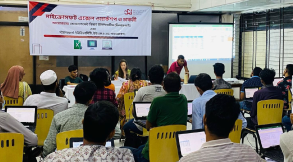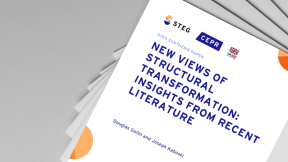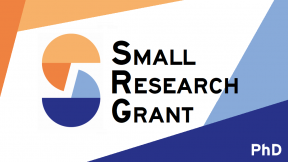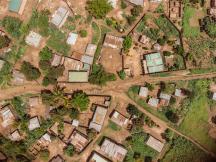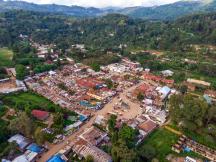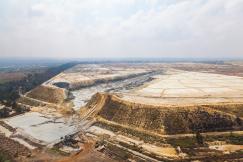Combining administrative data on credit, internet penetration and a land reform in Rwanda, this paper shows that the complementarity between technology and law can overcome financial frictions. Leveraging quasi-experimental variation in 3G availability from lightning strikes and incidental coverage, we show that mobile connectivity steers borrowers from microfinance to commercial banks and improves loan terms. These effects are partly due to the role of 3G internet in facilitating the acquisition of land titles from the reform, used as a collateral for bank loans and mortgages. We quantify that the collateral’s availability mediates 35% of the overall effect of mobile internet on credit and 80% for collateralized loans.
STEG Working Paper Series
• Research Theme 1: Firms, Frictions and Spillovers, and Industrial Policy,
Research Theme 5: The Role of the Public Sector
Mobile Internet, Collateral and Banking

Related content




















